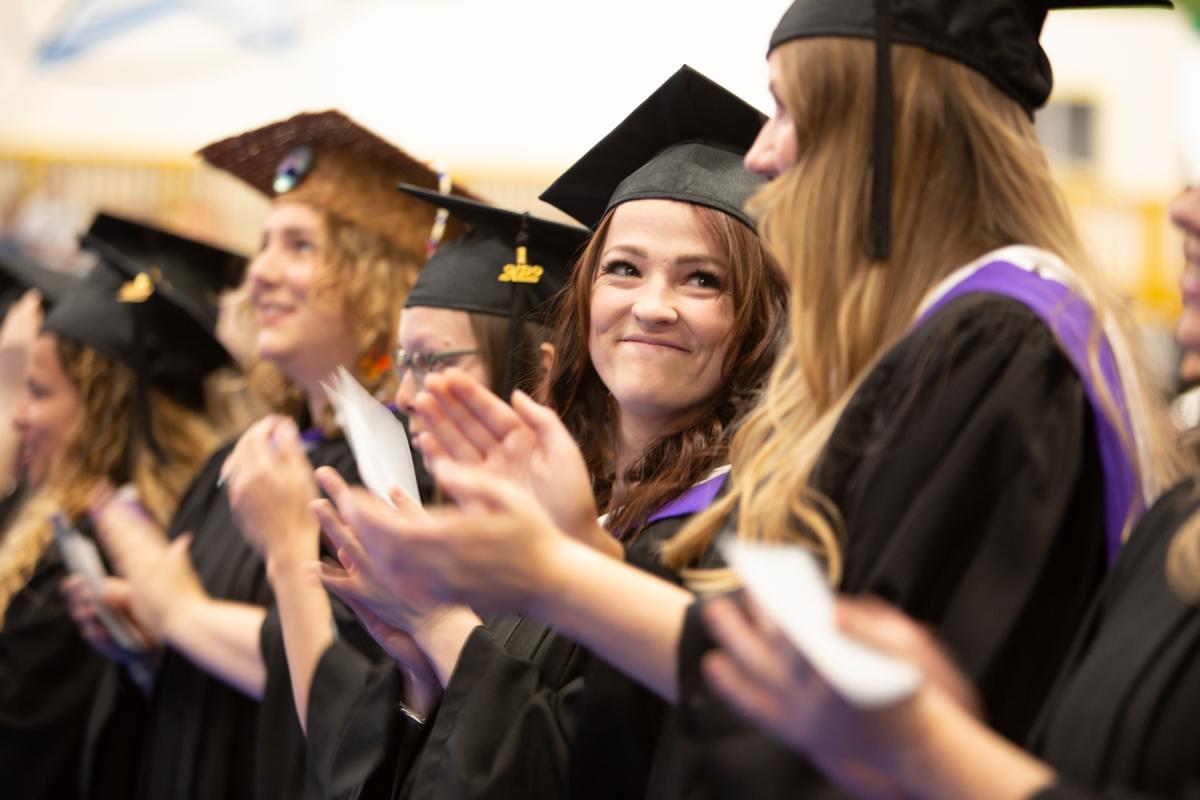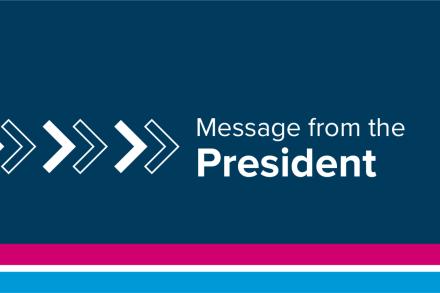
The playing field to access post-secondary education is far from even.
*reprinted from The Vancouver Sun
The BC Labour Market Outlook projects that there will be more than one million new job openings in our province over the next decade. More than three-quarters of those positions will require post-secondary training.
With thousands of jobs in BC already going unfilled, as many people as possible must have access to post-secondary education and training right now.
However, the playing field to access post-secondary education is far from even. Only some see themselves as being welcomed or belonging at university.
Consider the following examples: A young adult in the workforce who left high school without the prerequisites for the university program they genuinely want to enrol in; youth aging out of the foster care system; a high school student with no post-secondary graduates in their family and for whom the university system and its regulations are a mystery; Indigenous students who see universities as colonial institutions that don’t understand or accommodate their culture. Each of these individuals has a real reason to attend university, and yet each may experience real barriers to accessing post-secondary education.
Unless universities do more to welcome a more diverse group of learners, we risk jeopardizing BC’s future — a future that needs post-secondary institutions to train those who will work in BC’s health care, skilled trades and many other critical industries. A post-secondary system that promotes access will provide qualified people to serve the vital needs of British Columbians.
We know that a university education lets learners and their communities realize their full potential. Access to post-secondary education opens doors to a better future for all.
Universities must work harder so that everyone who wants to can see themselves on campus. We need to look at ways to meet prospective students where they are and, in doing so, broaden access for everyone.
This means providing support to students so that they don’t have to navigate the application process by themselves and support so that they can choose their unique path. It also means ensuring that instructors and professors understand barriers their students might face in-and-outside the classroom, so all students can access hands-on learning experiences and create lasting connections with their learning.
Universities should look like the communities we live and work in. Instead of ivory towers, campuses should be welcoming places for everyone, including those students with top grades and athletic scholarships; adults returning to school; international students; and students still working on their high school diplomas.
At Vancouver Island University (VIU) we have built expertise in supporting learners facing many post-secondary education obstacles. We believe in the potential of all learners. We continue to adapt our learning methods to benefit all students, no matter their background.
We do this because providing broad access to post-secondary education builds healthier, more sustainable communities. Youth growing up in poverty who are the first in their family to graduate from post-secondary can break that cycle. A child in care who receives the support they need to get a diploma or degree can access their career and life goals. Individuals who left high school decades ago can access post-secondary education and realize their dreams of becoming nurses, addiction counsellors, tradespeople or cleantech workers.
Most importantly, universities must do more to ensure Indigenous students feel welcome on campus. Universities are institutions of colonization, and we must take steps to uncolonize our systems, processes and even place names.
Recently, the Tla’amin Nation gifted VIU a new name for one of our community campuses. Previously known as the Powell River Campus, VIU recognized that we could not truly be welcoming to Indigenous students if our campus continued to support the devastating legacy resulting from the actions of the community’s namesake. Tiwšɛmawtxʷ, the new name for that campus, means “place of learning” and truly reflects our role in the community and our commitment to reconciliation and is welcoming to all — especially those from Tla’amin who can now attend a campus named after a value we all share.
Although much of post-secondary education is about learning, skills and careers, universities also have an essential role as a source of hope. This is vitally important when many people, especially youth, see no path to hope for the future. Without hopeful people, we can’t have healthy, thriving communities. We must make sure our doors are open as wide as possible.
Dr. Deborah Saucier is a neuroscientist, and president and vice-chancellor at Vancouver Island University.


